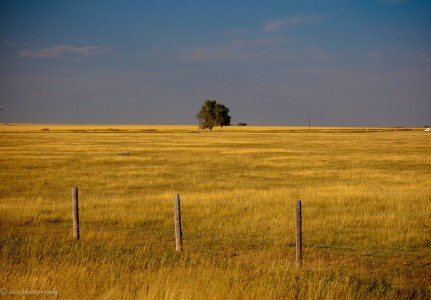Age-friendly Rural and Remote Communities – A Guide

Introduction
“The costs and benefits associated with ageing and the impacts on communities and broader society make an investment in healthy ageing imperative. While the majority of seniors living at home view their health as good, long-term health problems tend to increase with age—this is the case for most chronic conditions, disabilities and dementia. For example, data from 2001 show that disability rates jump from 31% among seniors aged 65 to 74 years, to 53% for those aged 75 and over. It is estimated that in the next 10 years, Canadians over age 65 will outnumber those under age 15. Within 30 years, as the baby boom generation continues to age, the population over age 65 will grow from 4.2 million to 9.8 million
While the majority of Canadians live in urban settings, a large proportion of seniors still live in rural or remote areas— hence the focus of this guide on rural and remote communities. It is estimated that approximately 23% of seniors in Canada live in rural areas and small towns. In fact, some parts of rural Canada have been undergoing increases in the proportion of seniors as retirees migrate from cities to the country.
Current research on rural and remote communities shows they face unique social and environmental challenges that can have an impact on health and healthy aging different from those facing urban populations. For example, seniors who wish to “age in place” in rural communities can face barriers to remaining in their homes and staying active and engaged in their communities. Such barriers include a lack of or limited support available to enable older persons to remain independent, as well as very limited housing and transportation options. In addition, seniors in rural and remote areas are frequently required to travel out of their communities for health services, which creates a range of challenges for themselves and their families.”
To read the comprehensive guide in its entirety, please click [here]

